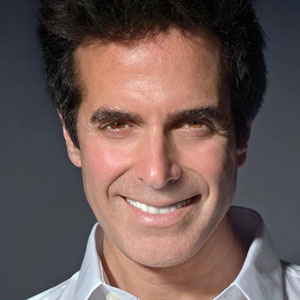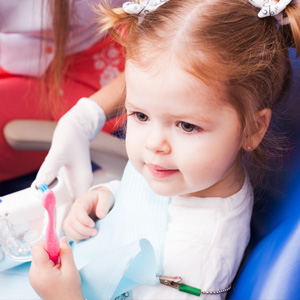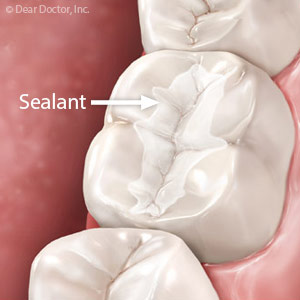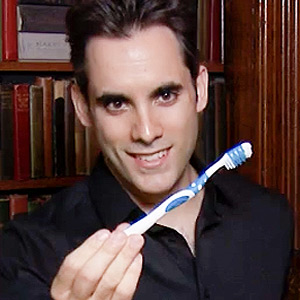

We can easily take for granted the comfort we now experience when we undergo dental work. For much of human history that hasn’t been the case.
Local anesthesia has been a major factor in the evolution of pain-free dentistry. The term refers to the numbing of nerve sensation in the tissues involved in a procedure. This type of anesthesia is usually applied in two ways: topical and injectable.
We apply topical anesthetic agents to the top layers of tissue using a cotton swab, adhesive patch or a spray. Topical agents are useful for increasing comfort during cleanings for patients with sensitive teeth or similar superficial procedures. Topical anesthesia is also used in conjunction with injections as a way to prevent feeling the minor prick of the needle. In essence, you shouldn’t feel any pain or discomfort from beginning to end of your procedure.
Injectable anesthesia deadens pain at deeper levels of tissue. This makes it possible for us to perform more invasive procedures like tooth extraction or gum surgery without using general anesthesia. The latter form is a more intense undertaking: it renders you unconscious and may require assistance for lung and heart function.
Most important of all, subtracting pain sensation from the procedure helps relieve stress: first for you and ultimately for us. If we know you’re comfortable, we can relax and concentrate on the work at hand. The procedure goes much more smoothly and efficiently.
Many people, though, have concerns about how long the numbness will linger after the procedure. This has been viewed in the past as an annoying inconvenience. But in recent years, dentists have become more adept at fine-tuning the agents they use as a way to reduce post-procedure numbness. There’s also promising research on chemical agents that can quickly reverse the numbing effect after a procedure.
All in all, though, using local anesthesia broadens the range of dental work we can perform without putting you to sleep. More importantly, you’ll be able to relax as we perform procedures that could improve your dental health for years to come.
If you would like more information on pain-free dentistry, please contact us or schedule an appointment for a consultation.








